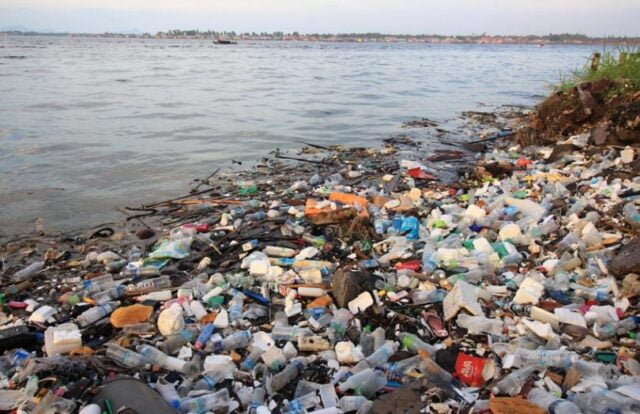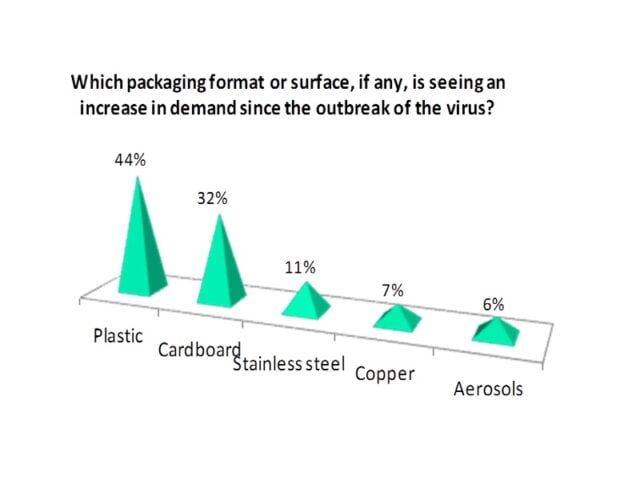“Plastic saves the day.” Now that’s a phrase we don’t hear every day, do we?
For decades now, plastic has been held responsible for being one of the most harmful components that man has introduced to this planet. And it doesn’t just restrict its harmful effects to nature. It goes beyond that to affect the creator himself.
One of the prime reasons for the same is the fact that most plastics never disappear from the face of Earth. If you look around, you will find it everywhere. Its non-biodegradability has truly been a cause of major concern for authorities across the world.

However, 2020 has pretty much been the year that embraced absurdities of all sorts. Among them, plastics too have been gaining back their popularity as the masses prefer using it to observe minimum social contact.
Rethinking The Plastic Problem
For the past two to three years now, the United Nations has been declaring war against the various hazards that are associated with the use of plastics.
Several countries, businesses, environmentalists, scientists, and people, in general, have been trying to encourage and popularize a marginal shift from plastic to more eco-friendly resources through these years.
On the 15th of August 2019, Indian Prime Minister Narendra Modi made a similar plea to his citizens. He called for their active participation in making India plastic-free.
It marked the commencement of a revolutionary wave of plastic bans that swept across different industries and sectors as the state governments started enforcing it. That is when the novel coronavirus entered the picture.

A friend in need is a friend indeed. Seems like that worked well for these two global crises.
Also Read: CBSE Doesn’t Want Students To Learn About Secularism And Citizenship During The COVID Year: But Why?
How Has Plastic Been Helping This Pandemic Season?
The novel coronavirus seems to have revived the dire need for plastics again. Truly, it has become an essential item.
A disease that can only be prevented by maintaining social distancing calls for incorporating resourceful measures which include using easily accessible materials.
Plastic, in this case, has been playing a double role. On one hand, they have been protecting people against the transmission of the virus itself (including the use of masks, PPE, gloves, and the like). On the other hand, they have been coming in very handy as a sanitary material (single-use plastics that can be disposed of easily).
The pandemic has thus forced many state governments to relax the ban that had previously been put on single-use plastics.
The demand for plastic items has been skyrocketing for the last few months, bringing about a resurgence in their production. PPE (polypropylene) made hazmat suits, N95 masks, visors, gloves, shoe covers, and goggles have become the need of the hour.

Besides these surgical requirements, people, in general, seem to be using disposable plastic for packaging and other such daily chores in light of the current situation.
Looking back at the time when we all used to protest against the use of plastic in unison makes me wonder whether our reactions would have been any different then, knowing how useful plastics would be in dealing with a pandemic soon.
In this current scenario, we seem to find ourselves stuck between the devil and the deep blue sea. They say one has got to choose their priorities. The pandemic has forced us to choose health over a sustainable environment for the time being.
Image Credits: Google Images
Sources: Livemint, Forbes, Times Of India + More
Find The Blogger: @Sriya54171873
Other Recommendations:
Bhumika Chawla’s Post To Sushant Singh Rajput Is The Reality Check We Need

































